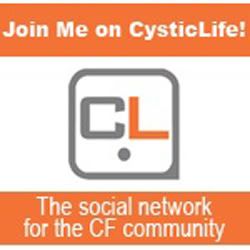As most of us are well aware, the President will be signing a new healthcare bill into law today. Here's my top ten questions about it as we move towards the future. If you think you know the answers, please feel free to chime in :)
9. How costly will my insurance be?
8. Will it be as good as my current insurance that I have through my mom?
7. Will my doctors pay be decreased?
6. Is there a lifetime max?
5. I'm sure there is something else, but I forgot to put a #5 in the original blog, thanks Piper!!
4. Will there be longer waits to see doctors and to get into the hospital?
3. Will care become better, worse or stay the same?
2. Will insurance profits go up or down?
1. Ultimately, who is the buck getting passed to to cover all of this?
What are your questions?










